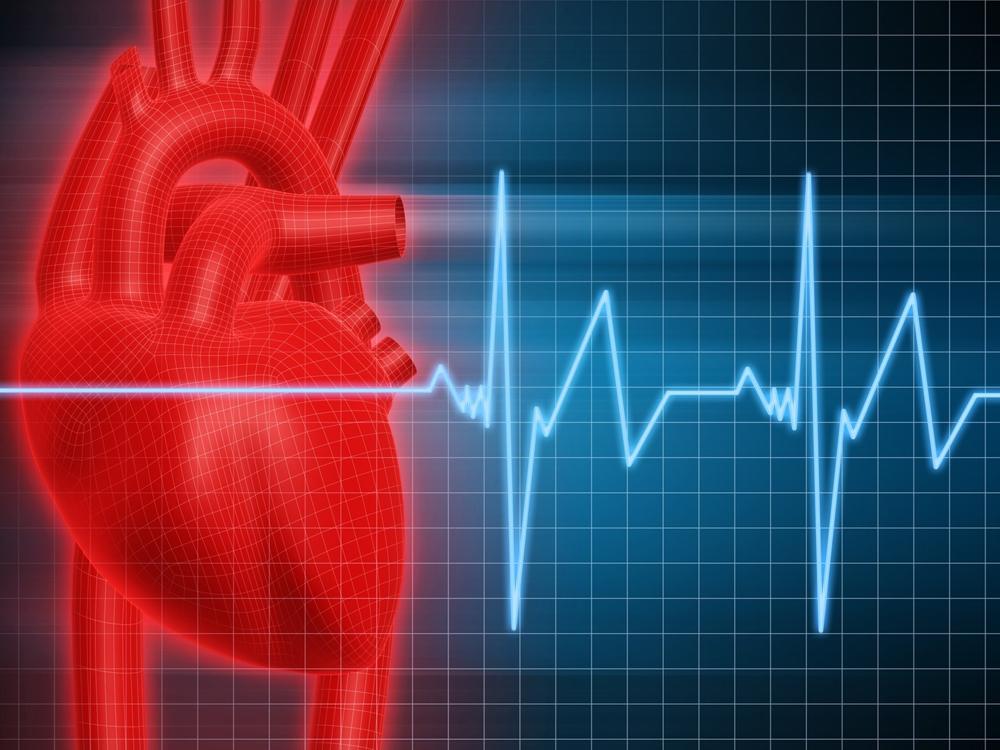Dr Mark Mason, Consultant Cardiologist, describes the latest medical devices that are now wireless and small enough to insert via tiny incisions. The future of cardiology has arrived.

Total Health asks the UK's top Heart Specialists the following questions:
- Q1: What was it that made you want to specialise in the heart?
- Q2: What is your own area of special interest and why this?
- Q3: The treatment of heart conditions very often requires the integration of skills between the cardiologist and cardiac surgeon. This can be quite confusing for patients so how would you describe/explain this interplay?
- Q4: What in your opinion has been the most important innovation in the treatment of heart conditions?
- Q5: What in your opinion is the single factor that would most improve outcomes for heart conditions?
- Q6: What does the future hold for treating heart conditions?
Q1: What was it that made you want to specialise in the heart?
The heart appears to be a complex organ and it is, of course, fundamentally important to us and so disorders of the heart can be very emotive. The issues that develop with the heart, however, can be simplified and can often be worked out from a sound knowledge of basic principles. The best analogy I can think of using is to compare the heart to a house! It has walls, ‘plumbing’ (the coronary arteries giving the heart it’s own blood supply and the veins draining it away), and ‘wiring’ (the heart’s conduction system driving the normal heartbeat but sometimes misfiring and causing problems). Just as with a house, a problem with the wiring doesn’t necessarily mean the walls are going to fall down, though they can impact on each other.
Q2: What is your own area of special interest and why this?
I specialise in treating patients with coronary artery disease and patients who need a pacemaker or a more complicated ‘device’. Both areas are highly rewarding- sometimes saving lives, but far more often, giving back to patients a good quality of life that they have often given up hope of ever having again.
Q3: The treatment of heart conditions very often requires the integration of skills between the cardiologist and cardiac surgeon. This can be quite confusing for patients so how would you describe/explain this interplay?
Traditionally, it was easy to view the cardiologist as doing the ‘thinking’ whilst the cardiac surgeon did the ‘operating’! Over the last 20 years these distinctions have become increasingly blurred. Many cardiologists (such as me) now perform a wide range of procedures, though patients might often regard them as ‘keyhole’. We seldom make large incisions and leave this to our surgical colleagues. We perform the coronary stenting and pacemaker and defibrillator implanting.
Q4: What in your opinion has been the most important innovation in the treatment of heart conditions?
It’s hard to look past the development of coronary stenting as the biggest shift in cardiac care- allowing effectively a minor procedure to often achieve what would have required a major operation previously. This alone would be important enough, but that we can now perform this whilst patients are having a heart attack and thereby save lives and future quality of life emphasises this further. There are common situations when we still need our surgical colleagues to perform an operation, of course. I would compare this with the development of implantable cardioverter defibrillators (essentially big pacemakers) which have saved countless lives around the world, and which we now can keep an eye on via a box that the patient has at home and simply plugs into their phone line or uses a built-in mobile phone signal.
Q5: What in your opinion is the single factor that would most improve outcomes for heart conditions?
Patients stopping smoking! It’s still true that we would see far fewer heart attacks if people didn’t smoke.
Q6: What does the future hold for treating heart conditions?
Pacemakers are just starting to become ‘wireless’. A conventional pacemaker has one or more wires going into the heart through a vein and these are connected to a small box (‘generator’) under the skin. We now have small capsules which can be implanted in the heart through the leg and which contain all the workings of a pacemaker, with a battery life of about 10 years. These are still quite basic and there is huge potential for increasingly complex ways of making the heart work better by implanted capsules within the heart communicating with each other. The future is very exciting!









